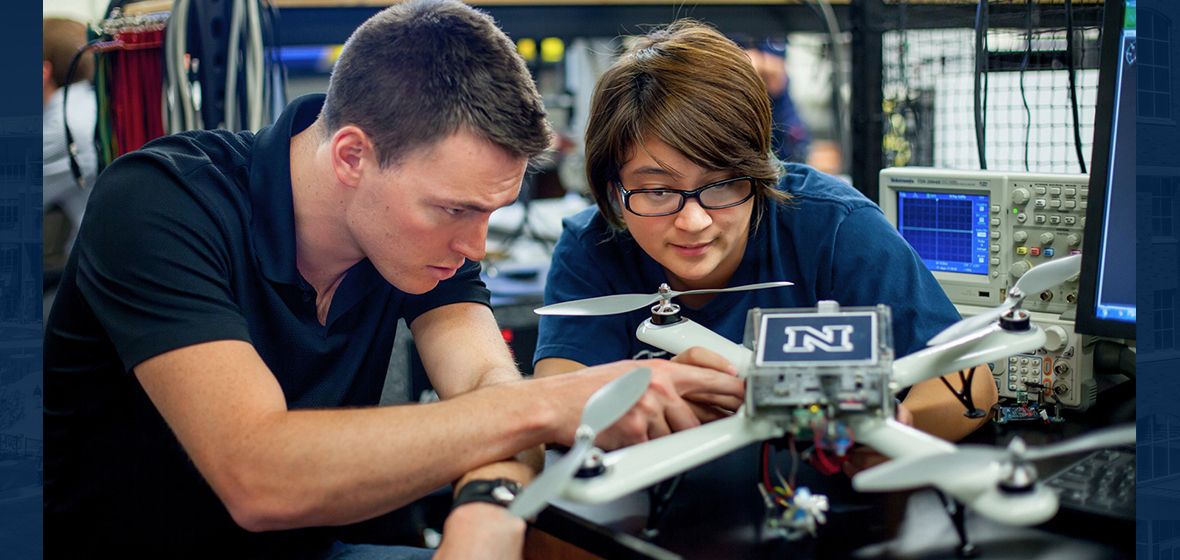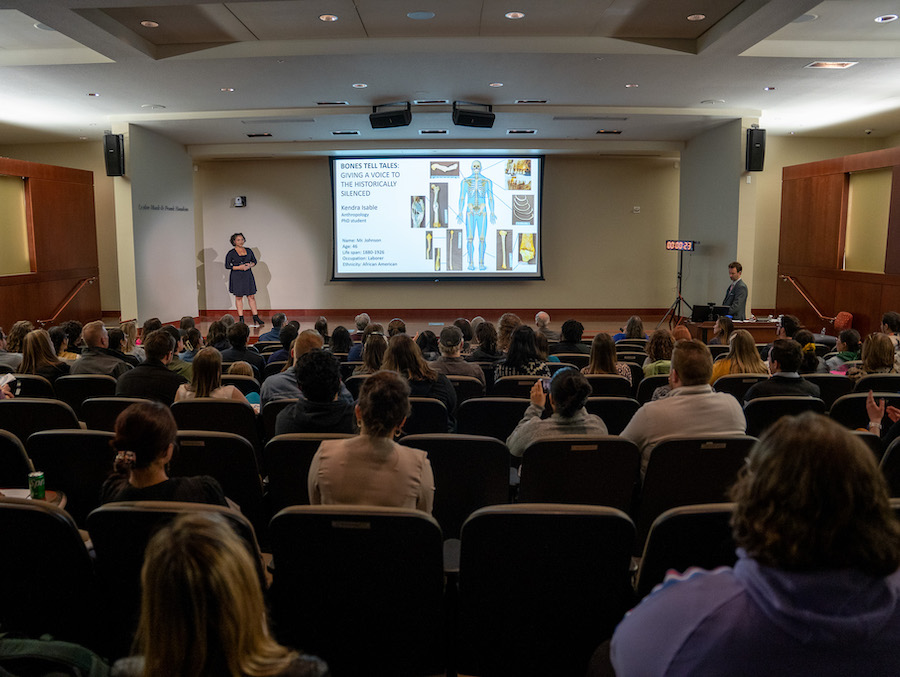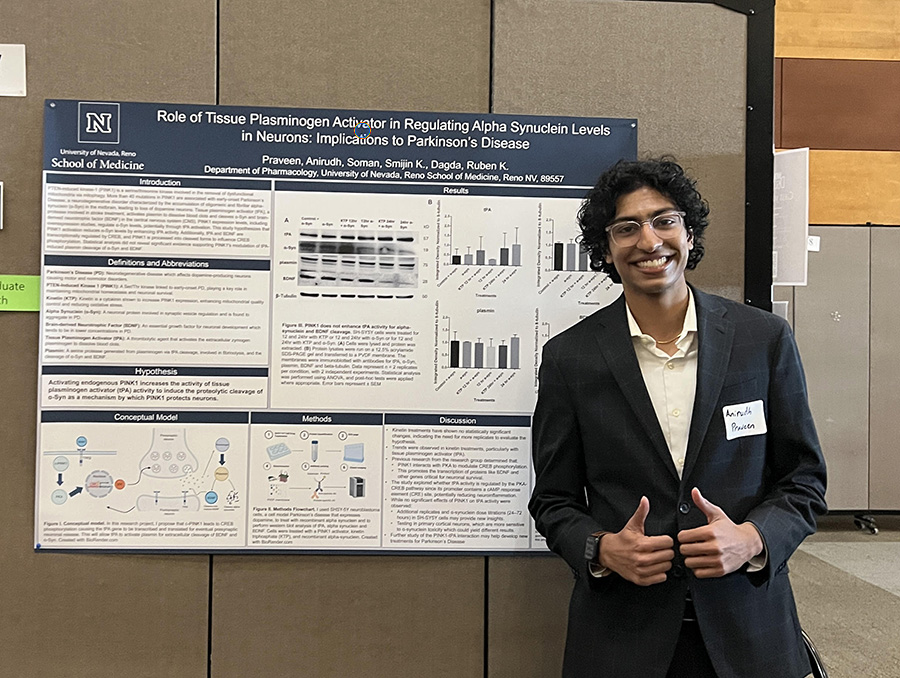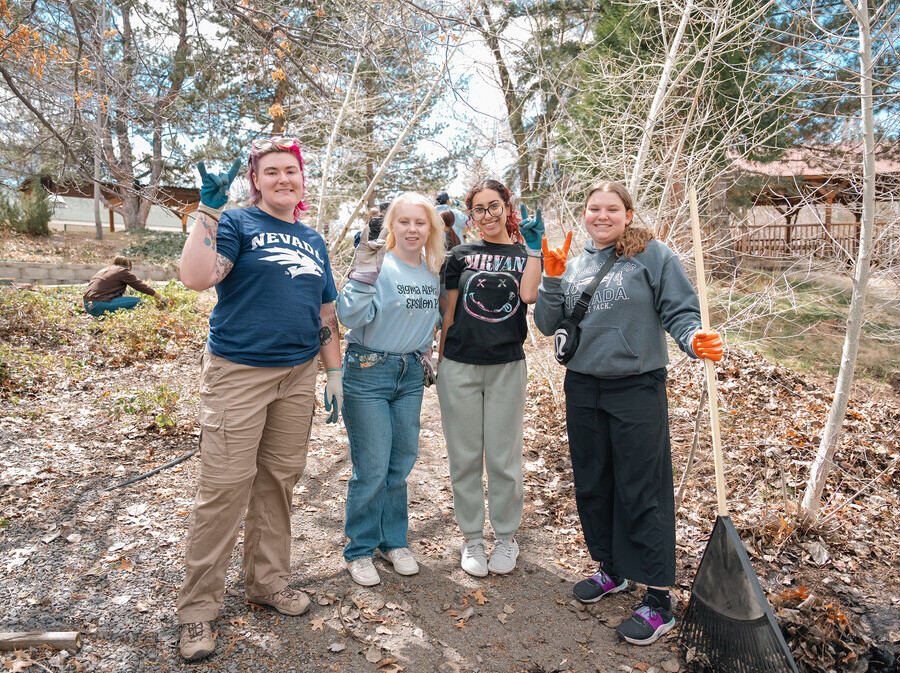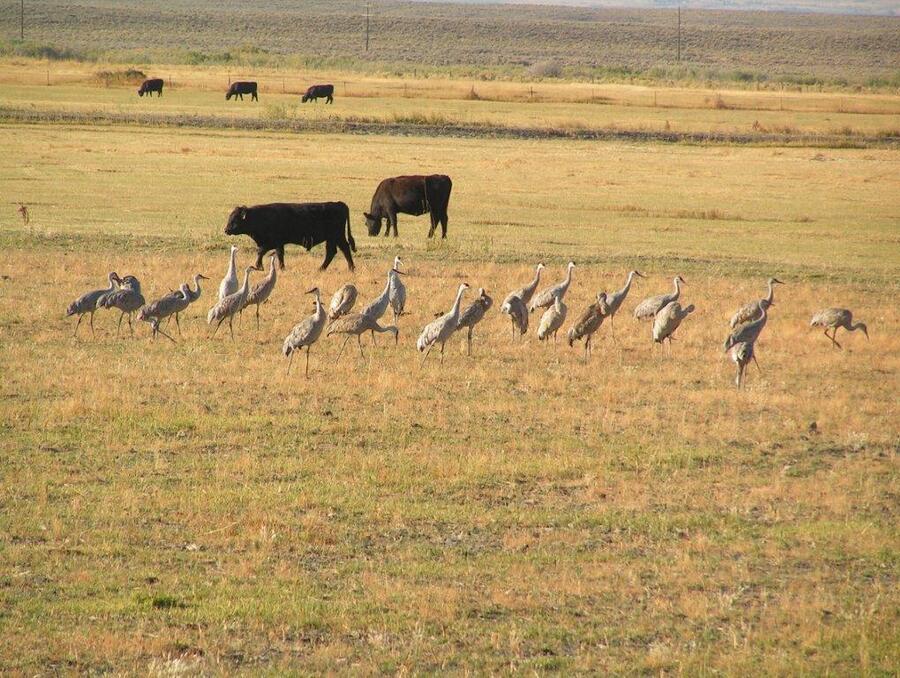The FAA has selected the State of Nevada as one of six states designated as a center for the development of unmanned aerial vehicles and outdoor testing of unmanned autonomous systems, Nevada Governor Brian Sandoval announced today. The University of Nevada, Reno is poised for research and industry collaboration in this emerging arena that will enhance economic development in the state.
"The decision by the FAA to select the State of Nevada as a test site to begin work on safely integrating unmanned aircraft systems into the national airspace aligns perfectly with plans and projects underway at the University of Nevada, Reno," Kam Leang of the University of Nevada, Reno mechanical engineering department said.
The University has more than a dozen faculty across several departments and colleges, including engineering, business, geological sciences, cooperative extension and environmental sciences, who will contribute to the research, design, implementation and commercialization of advanced autonomous systems.
"We have been developing research and educational infrastructure to support the FAA designation of Nevada as an unmanned autonomous flight location," University of Nevada, Reno President Marc Johnson said. "This designation has been an objective of the Governor's Office of Economic Development for some time and the University is working in concert with government and industry to support advanced manufacturing and diversify the Nevada economy."
The University is establishing an innovation center for advanced autonomous systems with the goal of creating unique industry-university partnerships to commercialize technologies in autonomous systems. This includes land-based, aerial and stationary robotic systems such as industrial robots, advanced manufacturing systems, driverless road vehicles and underwater robots.
"The vision for this initiative is to partner with the private sector to support innovation for advanced autonomous and manufacturing systems," Manos Maragakis, dean of the College of Engineering, said. "This is a collaboration between our colleges and with the business community that will stimulate economic development."
A new minor degree program in Unmanned Autonomous Systems begins in January. Courses in computer science, electrical engineering and mechanical engineering are being combined into the new UAS engineering program that will spearhead the effort for the interdisciplinary center for advanced autonomous systems.
"The opportunities this program brings to student education and competitiveness are exciting," Maragakis said. "This program will be instrumental in enhancing the state's ability to increase its workforce in an area that has been strategically identified as one of its economic development priorities."
The new course of study further builds collaborations between engineering departments and several colleges.
"I commend the University faculty members from diverse academic programs who collectively are providing exciting new educational and research experiences that will translate directly into wonderful career opportunities," Kevin Carman, provost and executive vice president, said.
The College of Engineering will add three new faculty positions, one each for mechanical engineering, chemical and materials engineering, and computer science and engineering. They will focus on advanced manufacturing, robotics and autonomous systems.
"We have outstanding faculty dedicated to science and research," Mridul Gautam, vice president of research and innovation, said. "This will enhance our collaborations with industry in developing innovative solutions using cutting edge technology."
In the area of industry collaborations, the University is partnering with Nevada Nanotech Systems to develop a low-cost, robotic flying vehicle that can be used for environmental monitoring and communications in remote, rural settings. The University of Nevada Cooperative Extension has a collaboration with Drone America, a Reno-based unmanned-aircraft company with aircraft that could be used as tools for natural resource and environmental science research.
"This is a transformative event for the state of Nevada, the knowledge-based economy of the state, and the University of Nevada, Reno," Mridul Gautam, vice president of research and innovation, said. "We are very well qualified to provide the UAS industry, the state and the nation with world-class expertise in all areas of research and development related to UAS. The potential growth in innovation at all levels - high school to graduate school, and beyond - is unimaginable."
"This is wonderful news for Nevada that creates a huge opportunity for our economy," U.S. Sen. Harry Reid said of the designation. "Nevada has long been a leader in the UAS industry, and no state makes a better candidate than ours. With this application approval, Nevada will continue to lead in new and innovative technologies of the 21st century, along with creating a large and profitable industry. I appreciate the work of all those involved and I look forward to working with Governor Sandoval to ensure a successful implementation of the award, and subsequent creation of the testing sites in Nevada."
